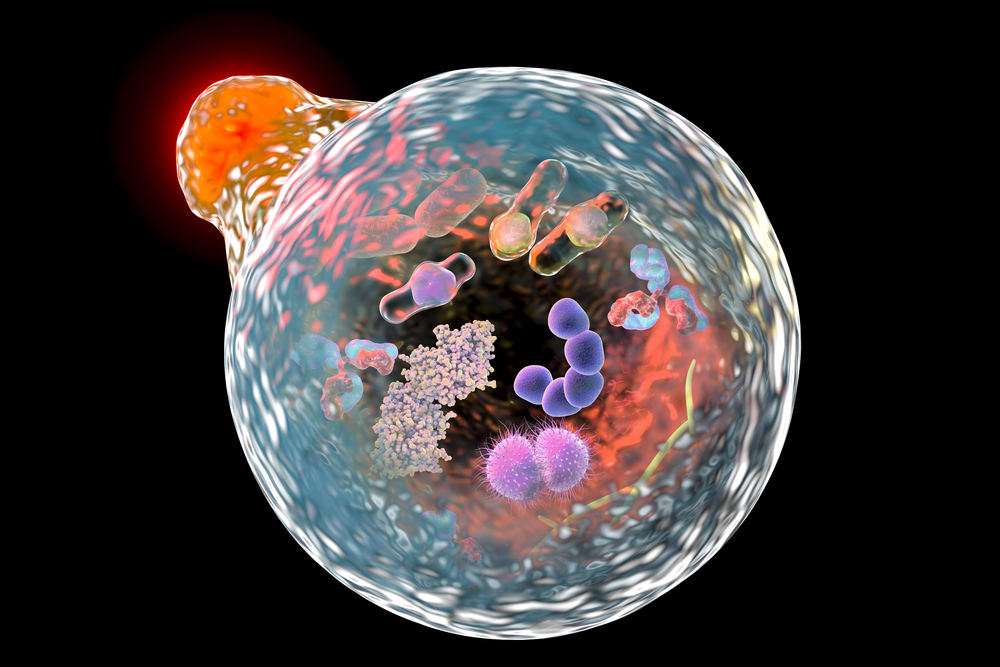Loss of CLN7 Protein Contributes to Development, Progression of Batten Disease, Mouse Study Finds

Loss of a protein called CLN7 causes levels of multiple soluble lysosomal proteins to drop, contributing to the development and progression of Batten disease, a mouse model shows.
The study, “Loss of CLN7 results in depletion of soluble lysosomal proteins and impaired mTOR reactivation,” was published in the journal Human Molecular Genetics.
CLN7 disease is part of a group of disorders collectively known as Batten disease, caused by mutations in the MFSD8 gene. The CLN7 protein is embedded in the membrane of lysosomes — cellular compartments responsible for the digestion and recycling of different molecules within cells.
Loss of the Cln7 gene in the brain and retina of mice leads to lysosomal dysfunction, impaired autophagy, and neurodegeneration. However, the molecular mechanisms and the link between the deficiency of the lysosomal transporter CLN7 and lysosomal dysfunction are unclear.
Researchers in this study used mouse models that lacked the Cln7 gene to study their lysosomes and compare them with those found in healthy animals.
Absence of the CLN7 protein affected the total amount of multiple soluble lysosomal proteins and affected cells’ ability to adapt to environments mimicking starvation conditions. This was shown by the cells’ inability to reactivate a major signaling component called mTORC1.
Since inhibition of mTORC1 is known to lead to activation of autophagy — an intracellular degradation system that helps cells remove damaged material through lysosomes — researchers looked at how a lack of CLN7 affected this particular process.
Data, however, showed that the absence of CLN7 had no detrimental impact on the autophagic process.
Results did show that “multiple soluble lysosomal enzymes involved in the degradation of glycans, peptides, lipids and fatty acid-modified proteins were significantly depleted in lysosomes in the absence of functional Cln7 gene,” researchers wrote. This depletion may contribute to the pathogenesis and progression of CLN7 disease.
“The exact role of CLN7 in mTOR signalling during long-term starvation and its relevance in neuronal cells, however, remains to be elucidated and will be addressed in future studies,” the authors concluded.





